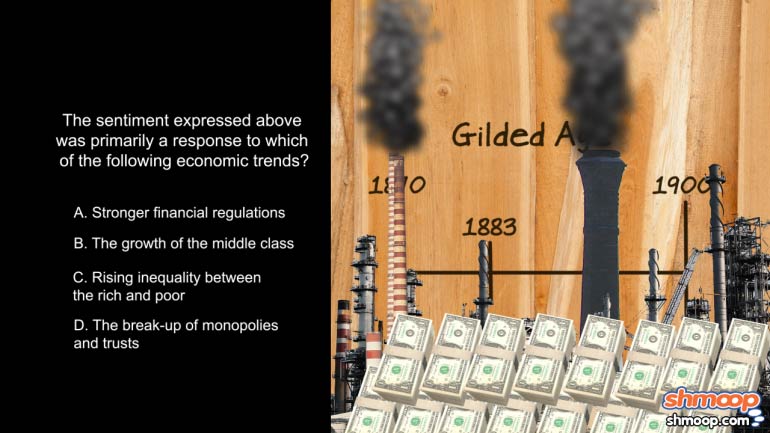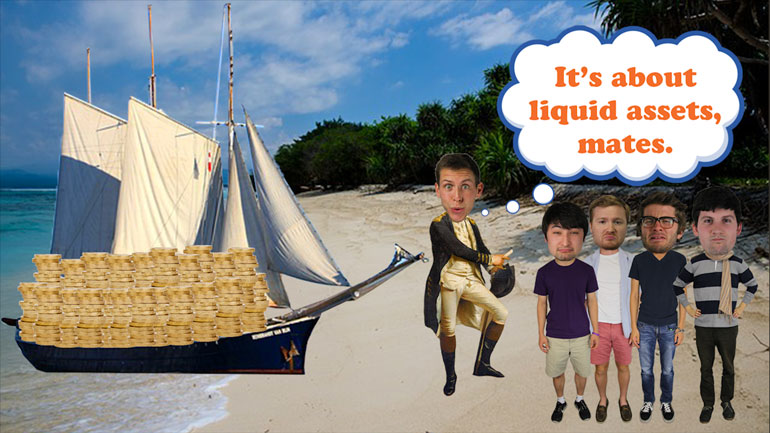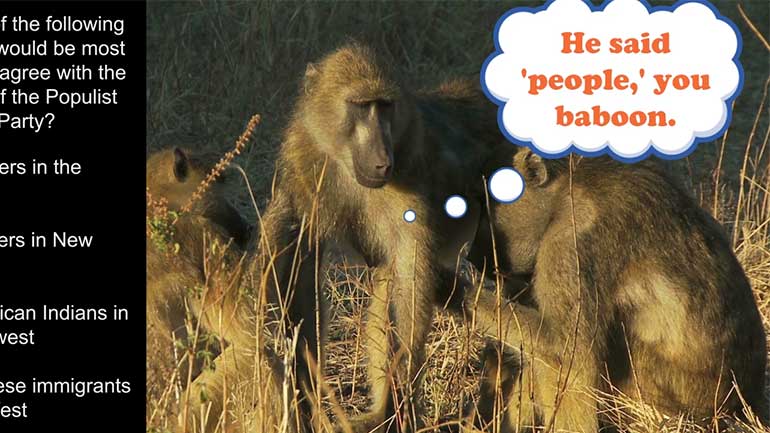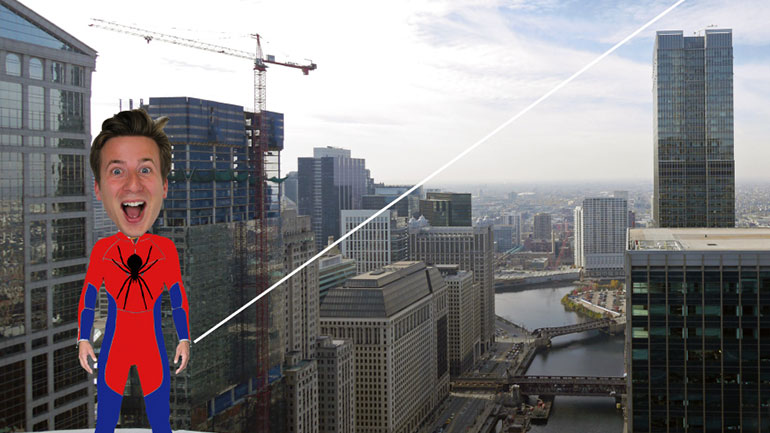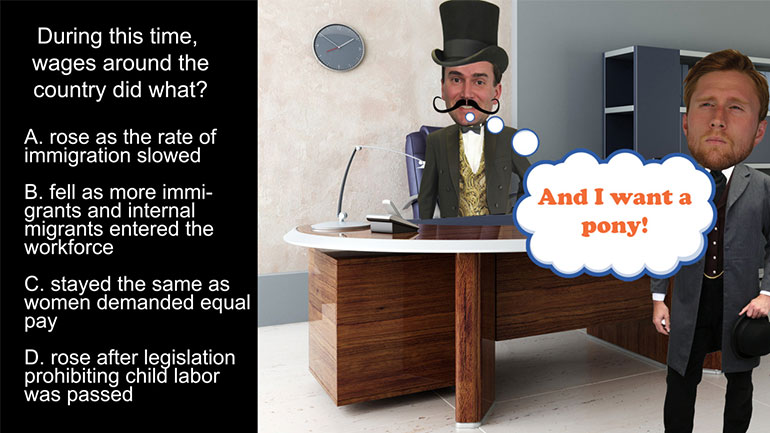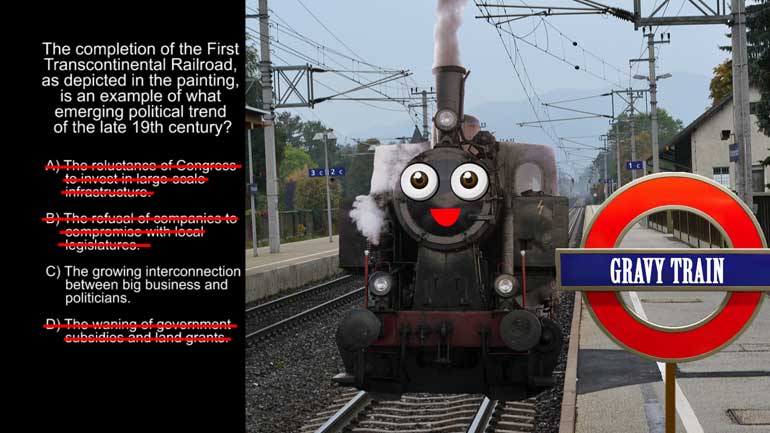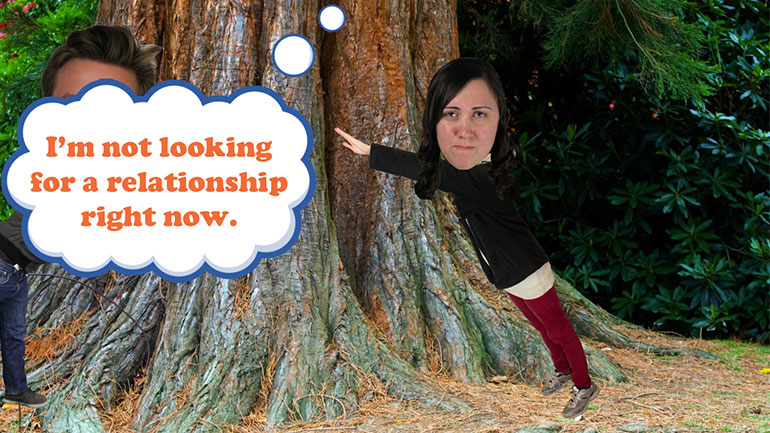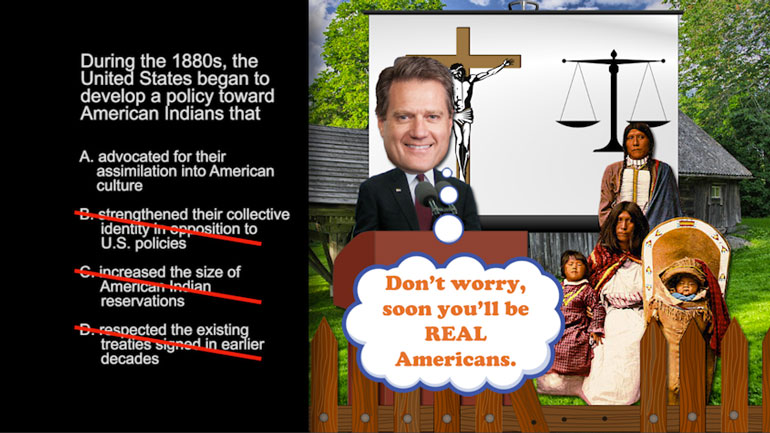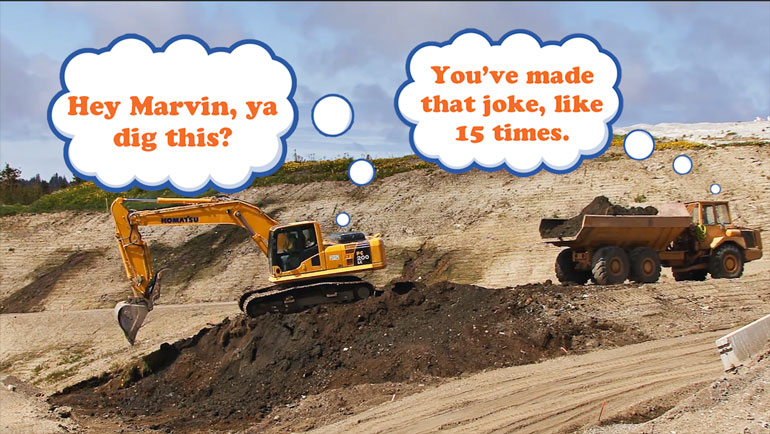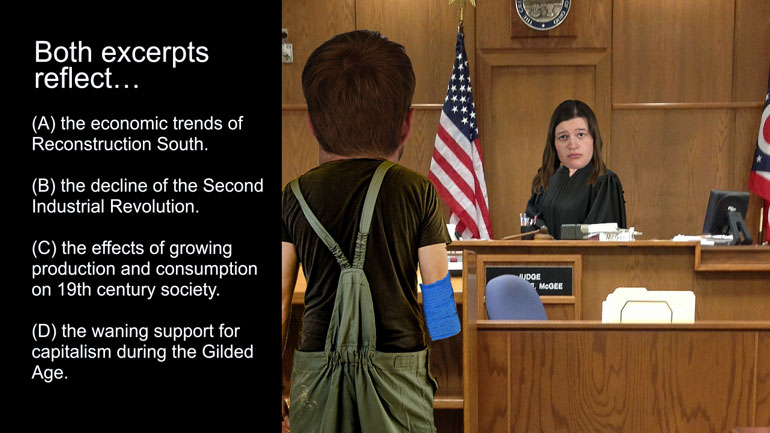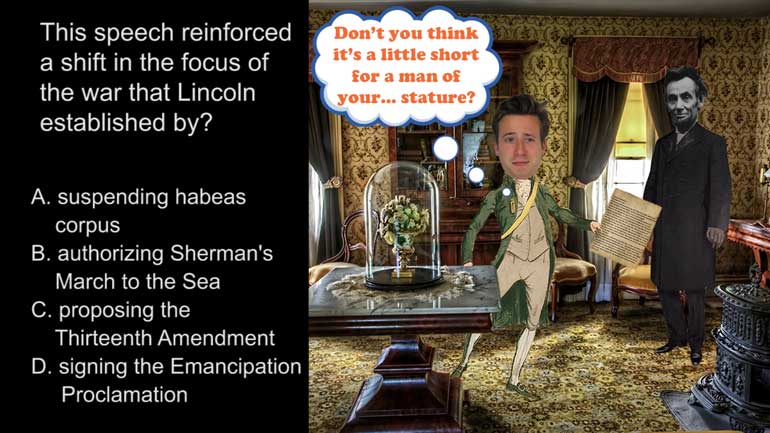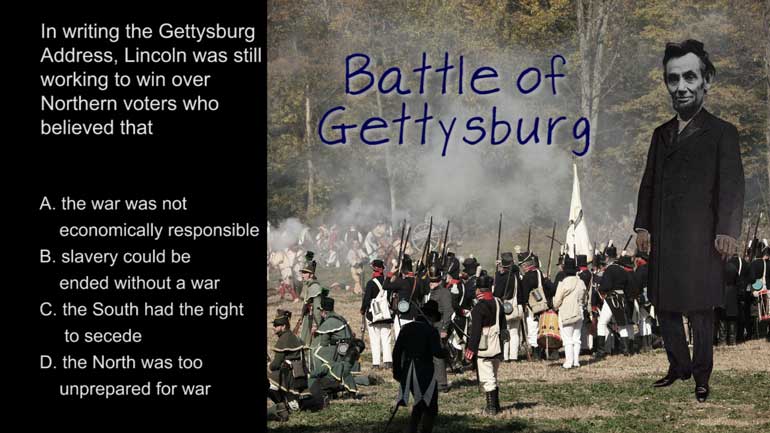ShmoopTube
Where Monty Python meets your 10th grade teacher.
Search Thousands of Shmoop Videos
Period 6: 1865-1898 Videos 11 videos
AP U.S. History 1.1 Period 6: 1865-1898. The sentiment expressed above was primarily a response to which of the following economic trends?
How did the wealthy justify their status and privilege? Other than the customary way of having large gold statues built in their likeness with sign...
AP U.S. History 1.3 Period 6: 1865-1898. Which of the following groups would be most likely to agree with the goals of the Populist Party?
AP U.S. History 2.3 Period 6: 1865-1898 217 Views
Share It!
Description:
AP U.S. History 2.3 Period 6: 1865-1898. The conservation movement, as expressed above, emerged at this time...why?
Transcript
- 00:00
[ musical flourish ]
- 00:03
And here's your Shmoop du jour, brought to you by tree huggers,
- 00:06
environmentalists who crave human-to-plant contact.
- 00:10
Here's the excerpt.
- 00:11
[ mumbles ]
Full Transcript
- 00:15
[ mumbling continues ] Franklin Hough.
- 00:21
And the question:
- 00:22
The conservation movement, as expressed above, emerged
- 00:25
at this time... why?
- 00:28
And here are your potential answers.
- 00:29
[ buzzer ]
- 00:32
All right, well, what exactly was the conservation movement?
- 00:37
We can see in the excerpt that folks were starting to worry
- 00:39
about the degradation and destruction of forests,
- 00:42
but, like, why?
- 00:44
Well, let's see which answer can best explain the arrival of
- 00:47
these nature-lovers.
- 00:49
Did the conservation movement emerge at this time A -
- 00:52
as an extension of corporate influence? [ scoffs ]
- 00:55
Well, the people behind this conservation movement were
- 00:57
wealthy sportsmen worried that their hunting territory would
- 01:00
come under the control of big corporations.
- 01:02
So these men created groups like the Sierra Club
- 01:05
to strengthen their voice against corporate influence,
- 01:08
hoping to protect their sacred hunting grounds which were
- 01:10
ideally as far away from the railroads as possible.
- 01:13
Meaning no more A or D.
- 01:15
Maybe the conservation movement came about
- 01:17
B - in order to fight for greater agricultural rights.
- 01:21
Well, actually, this conservation was more about
- 01:23
untouched nature preserves, not highly managed
- 01:26
agricultural land. So let's throw out B, too.
- 01:28
Which means that the conservation movement emerged
- 01:31
C - as a way to preserve land that could
- 01:33
fall out of public control.
- 01:35
Remember those wealthy sportsmen?
- 01:37
Well, they were super concerned about railroads and industries
- 01:40
destroying public lands, so they pressured the government
- 01:43
into establishing protected areas
- 01:45
better known today as state parks.
- 01:47
So C is the right answer. And it's a good thing these
- 01:50
wealthy hunters aren't still lurking around state parks today,
- 01:53
or tourism would be a lot more dangerous.
- 01:55
[ horn honks ]
Related Videos
AP U.S. History Exam 2.45. The journey shown on the map was an example of...what?
AP U.S. History Exam 2.26. This speech reinforced a shift in the focus of the war that Lincoln established by...what?
What did the Spanish messengers bring with them to North America? Hint: you probably wouldn't be thrilled to get this for your next birthday.
AP U.S. History Diagnostic 24. How did the United States choose containment over the National Security Council Report in Latin America?
AP U.S. History Exam 2.25. In writing the Gettysburg Address, Lincoln was still working to win over Northern voters who believed that...what?
